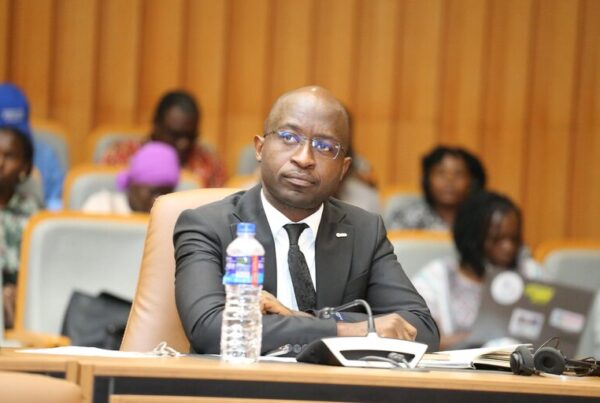IHRDA Statement on the 20th Ordinary Session of ACERWC
12-16 November 2012, Addis Ababa, Ethiopia
The Institute for Human Rights and Development in Africa (IHRDA) would like to extend its sincere gratitude to the African Committee of Experts on the Rights and Welfare of the Child (the Committee) for the invitation to participate in the 20th Ordinary Session. IHRDA would also like to welcome the new Bureau of the Committee and further reassures its commitment and continued support to ensure that the Committee effectively carries out its mandate.
IHRDA wishes to commend the Committee for dedicating the 20th Ordinary Session to deliberate on an important aspect of children’s rights issues in Africa — the identity of children.
As the Committee considers child identity issues, IHRDA would like to seize the opportunity to bring to the Committee’s attention a serious nonrecognition of the identity of young children between the ages of 16 and 18 in Malawi. This evidently stems from an exclusive domestic definition of the child which cuts them out from the category. Though Article 2 of the African Charter on the Rights and Welfare of the Child (ACRWC) clearly prescribes that a child is a person under the age of 18, the Malawi Child Care, Protection and Justice Act of 2010 (the Child Act) limits childhood and all the accruing rights and protections to persons who are or who appear to be below the age of 16.[1]
By virtue of this domestic legal definition of the child, children who are or who appear to be 16 years of age and above are automatically denied of their identity as a child and deprived of the corresponding rights and protections guaranteed for persons of the same age under the ACRWC and relevant international human rights treaties. More disturbingly, in a nation where birth registration is not effective and thereby a large majority of children remain unregistered, a mere generalisation of appearance whereby childhood can be restricted to those appearing to be below 16 is a serious violation of the rights of children who may appear to be 16 and above when in fact they are not.
In dealing with the rights of these young children between the ages of 16 and 18, IHRDA is particularly concerned about the grave violation of their right to equal access to justice for children. As a result of the Child Act, young children in Malawi are, in real life, deprived of accessing justice for children and the enjoyment of a range of rights in criminal justice administration that are established under Article 17 of the ACRWC, Article 40 of the Convention on the Rights of the Child and other relevant international instruments dealing with the rights of children in conflict with the law. A disturbing rate of evidence shows that children aged between 16 and 18 who come in conflict with the law are dealt with under the adult criminal justice system from the time of arrest and detention, through prosecution and sentenced according to adult terms of treatment and prison conditions.[2] These young children are denied special treatment that takes into account their rights and best interests as children. They are held in custody with adults and are subject to penal treatments that do not take primary consideration of their reformation, re-integration into family and social rehabilitation as children.
It is regrettable that the government of Malawi continues to ignore its solemn commitment under the ACRWC that firmly stipulates a child is a person under the age of 18 without any alternative minimum prescriptions at the domestic level. IHRDA further notes that the government of Malawi ignored the recommendation of the Committee on the Rights of the Child to establish a domestic definition of the child in accordance with the Convention’s standard that embraces all persons under the age of 18.[3]
IHRDA is working with its local partners in Malawi on more specific information and interventions but would still like to present this serious issue to the Committee to take appropriate measures to ensure the compliance of Malawi with the ACRWC.
IHRDA, therefore, calls upon the Committee to urge the government of Malawi:
- to recognize the identity of young children between the ages of 16 and 18 as children for all purposes and intent;
- to immediately take the necessary legislative and other appropriate measures to ensure that all persons below the age of 18 are covered by the definition of the child and thereby fully enjoy the corresponding rights and protections.
IHRDA hopes that the Committee will take the necessary measures towards ensuring that the government of Malawi observes its commitments under the ACRWC and once again, expresses its pledge to relentlessly work with the Committee for the advancement of children’s rights in Africa.
IHRDA wishes the Committee fruitful deliberations and a successful 20th Ordinary Session.
[1] Sec 2 of the Child Act states ‘a “child” means a person below the age of sixteen years; “child” used in relation to proceedings before age determination shall, if the age is unknown, include a person who appears to be below sixteen years of age’.
[2] Eye of the Child, a local NGO working on children’s rights in Malawi, reports.
[3] Committee on the Rights of The Child, Fiftieth Session, Consideration of Reports Submitted By States Parties Under Article 44 of The Convention, Concluding Observations: Malawi, CRC/C/MWI/CO/2, 27 March 2009, para 27.



